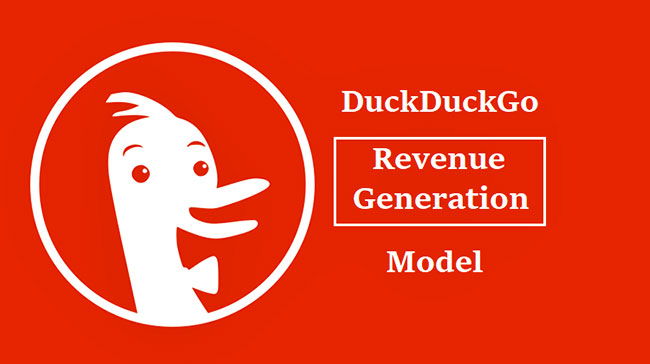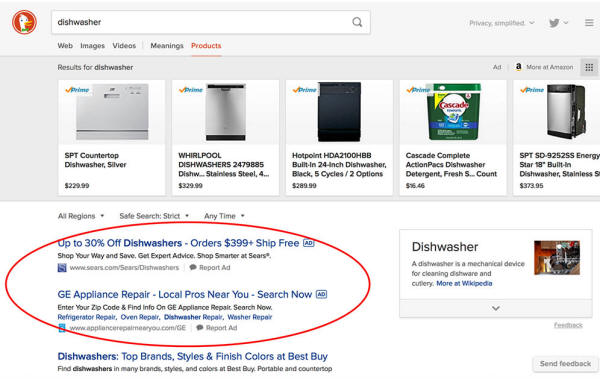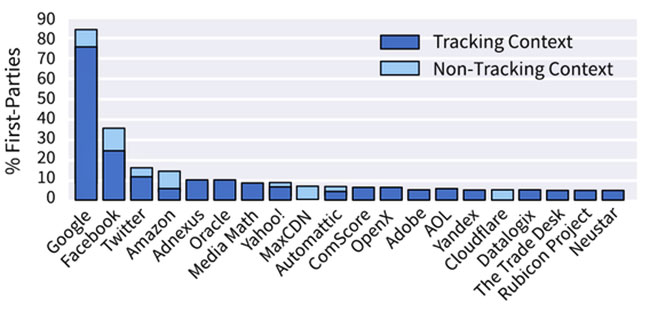|
from Quora Website
As we like to say, what you search on DuckDuckGo is private, even from us!
We're proud to have a
business model for a web-based business that's profitable without
making your personal information the product. I'm happy to tell you
all about how we make it work (and how other companies can, too).
We operate a search
engine alternative to Google, and offer additional apps and
extensions to protect you from Google, Facebook and other trackers,
no matter where you go on the Internet.
Almost all of the money
search engines make (including
Google) is based on the keywords
you type in, without knowing anything about you, including your
search history or the seemingly endless amounts of additional data
points they have collected about registered and non-registered users
alike.
When you search on DuckDuckGo, we can show you an ad based on the keywords you type in. That's it. And it works.
Our privacy policy, in a
nutshell, is to not collect or share any personal information at
all. Every time you search on DuckDuckGo it is as if you were there
for the first time - anonymous.
Google also makes most of
their money via this same type of keyword-based advertising that
doesn't require any search-history tracking.
Because Google is not really a search company; they are an advertising company...
On Google, your searches
are tracked, mined, and packaged up into a data profile for
advertisers to follow you around the Internet through intrusive and
annoying ever-present banner ads, using Google's massive ad
networks, embedded across millions of sites and apps.
Using the internet
doesn't have to feel like you're being watched, listened to, and
monitored.
But for most people, that
line was crossed by Google, Facebook, and others long ago. ...according to the Princeton Web Transparency & Accountability Project.
It is likely that Google
and/or Facebook are watching you on most sites you visit, in
addition to tracking you when using their products.
This personal data is
stored indefinitely and used for invasive targeted advertising that
can follow you around the Internet.
Not in my opinion.
The fact is, these
companies would still be wildly profitable if, for example, they
dropped all of these hidden trackers across the web and limited the
amount of data they keep to only what is most necessary.
It is a choice to squeeze every last ounce of profit at the expense of privacy, democracy and society. A choice they don't have to make.
Without all this
tracking, I'm confident they would still be among the most
profitable companies in the world, and we'd all be better off.
The only other way we've
found so far, which currently accounts for a much smaller portion of
our revenue, is non-tracking affiliate partnerships with Amazon and
eBay.
These partnerships also don't affect the ranking of search results.
The reason we can do this
in an anonymous way with Amazon and eBay, though not with other
retailers, is because Amazon and eBay run their own affiliate
networks.
Here are a few actionable things companies can do to remain profitable without tracking the maximum amount of information possible on consumers:
Our vision is to set a new standard of trust online.
The Internet shouldn't
feel so creepy and getting the privacy you deserve online should be
as simple as closing the blinds.
|




